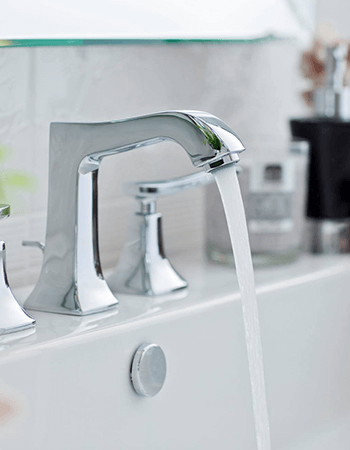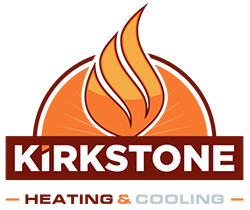
Tankless VS. Tank – A Duel In Energy Efficiency
One of the simplest ways to conserve energy in your home is to make the switch from a traditional hot water tank to a tankless water heater, as they use up to 40% less energy.
That sounds all well and good on the surface, but to understand where the savings are coming from, it helps to understand how a Tankless Water Heater differs from a standard hot water tank.
Standard Tanks
A standard hot water tank works by heating and reheating the water it holds to maintain the desired set temperature – regardless of usage or demand. This reheating of the same water causes additional energy expenditure which brings down the efficiency of the unit.

Tankless
With a tankless water heater, cold water enters the unit only when hot water is needed. The water is then heated, exits the unit and travels to the location where the water is needed. Tankless Water Heaters offer an endless supply of hot water whereas a hot water tank eventually runs out, and it does it all while using considerably less energy.
The table below compares the annual operating costs using a traditional water tank versus a high-efficiency Tankless Water Heater. As you can see, Tankless Water Heaters consume less energy, therefore, costing less to operate – not only saving you money but also reducing your carbon footprint.
| Tank Technology | Fuel Type / Energy Source | UEF (Uniform Energy Factor) | Annual Operating Costs* |
|---|---|---|---|
| Standard 50-Gallon Gas Storage Tank | Natural Gas | 0.60 | $309 |
| Standard 50-Gallon Gas Storage Tank | Propane | 0.60 | $745 |
| Standard 50-Gallon Electric Storage Tank | Electricity | 0.95 | $626 |
| Tankless Technology | Fuel Type / Energy Source | UEF (Uniform Energy Factor) | Annual Operating Costs* |
| High-Efficiency Non-Condensing Tankless | Natural Gas | 0.81 | $228 |
| High-Efficiency Non-Condensing Tankless | Propane | 0.81 | $552 |
| Super-High-Efficiency Non-Condensing Tankless | Natural Gas | 0.92 | $201 |
| Super-High-Efficiency Non-Condensing Tankless | Propane | 0.92 | $487 |

